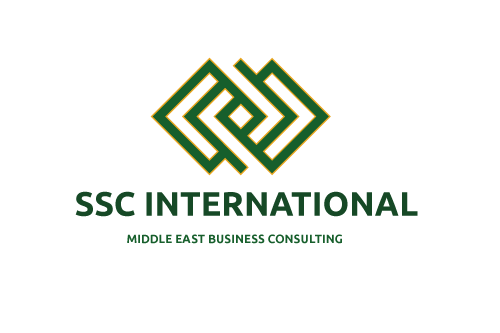Exploring Saudi Arabia’s Vision 2030: A Blueprint for Future Prosperity
Saudi Arabia’s Vision 2030 represents one of the most ambitious and transformative strategic plans in the modern era. Launched in 2016 by Crown Prince Mohammed bin Salman, this comprehensive framework aims to diversify the Saudi economy, reduce its dependency on oil, and position the Kingdom as a global leader in various sectors. Here’s a closer look at what Vision 2030 entails, its key objectives, and the impact it’s expected to have on Saudi Arabia and the broader region.
A New Economic Paradigm
Historically, Saudi Arabia’s economy has been heavily reliant on oil exports. Vision 2030 seeks to break this dependency by fostering economic diversification and creating a more resilient economic structure. The plan outlines several critical goals:
-
Diversification of the Economy: Vision 2030 emphasizes the development of non-oil industries, including tourism, entertainment, and technology. By investing in these sectors, Saudi Arabia aims to create new revenue streams and reduce the economic impact of fluctuating oil prices.
-
Private Sector Growth: A significant focus of Vision 2030 is to enhance the role of the private sector. The plan aims to increase private sector participation in the economy, promote entrepreneurship, and support small and medium-sized enterprises (SMEs).
-
Investment in Innovation: The Kingdom is investing heavily in technology and innovation, aiming to become a hub for technological advancement and digital transformation. This includes initiatives to develop smart cities, enhance digital infrastructure, and support research and development.
Transforming Key Sectors
Vision 2030 outlines several sector-specific goals designed to drive transformation and growth:
-
Tourism: One of the most ambitious goals is to transform Saudi Arabia into a leading global tourist destination. The introduction of initiatives like the “Saudi Tourism Authority” and the development of key attractions such as the Red Sea Project and Al-Ula heritage site are pivotal to this strategy.
-
Entertainment and Culture: The plan seeks to boost the entertainment industry by hosting international events, establishing cultural institutions, and promoting local talent. This includes the creation of new entertainment venues and the expansion of cultural festivals.
-
Renewable Energy: Saudi Arabia aims to become a global leader in renewable energy. The Kingdom is investing in solar and wind energy projects to meet a significant portion of its energy needs through sustainable sources, reducing its reliance on fossil fuels.
-
Healthcare and Education: Vision 2030 includes substantial investments in healthcare and education to improve quality of life and foster a skilled workforce. This involves modernizing healthcare infrastructure, enhancing educational institutions, and promoting research and innovation in these fields.
Economic and Social Reforms
Vision 2030 is not just about economic transformation; it also includes a broad range of social reforms:
-
Employment Opportunities: The plan seeks to create millions of new jobs, particularly for Saudi youth. Initiatives such as the “Saudization” program aim to increase the employment of Saudi nationals in various sectors.
-
Empowering Women: Vision 2030 has introduced reforms to enhance women’s participation in the workforce and public life. This includes lifting restrictions on women driving and increasing their representation in various sectors.
-
Quality of Life: Enhancing the quality of life for Saudi citizens is a core objective. This includes improving public services, developing recreational facilities, and fostering a more vibrant and inclusive society.
Global Impact and Opportunities
Saudi Arabia’s Vision 2030 is poised to have far-reaching effects beyond the Kingdom’s borders. As Saudi Arabia diversifies its economy and invests in various sectors, it is likely to become a significant player on the global stage. This transformation opens up new opportunities for international businesses and investors.
-
Investment Opportunities: With a focus on infrastructure, technology, and tourism, Saudi Arabia presents numerous investment opportunities for global investors. The Kingdom is actively seeking foreign investment and partnerships to support its ambitious projects.
-
Regional Influence: As a leading economic and political power in the Middle East, Saudi Arabia’s success in achieving Vision 2030 will have implications for regional stability and growth. The Kingdom’s efforts to modernize and diversify may set a precedent for other countries in the region.
Conclusion
Saudi Arabia’s Vision 2030 is a bold and comprehensive plan that aims to reshape the Kingdom’s economic and social landscape. By diversifying its economy, investing in innovation, and implementing significant social reforms, Saudi Arabia is positioning itself for a prosperous future. As the Kingdom progresses toward its goals, the impact of Vision 2030 will likely be felt not only within Saudi Arabia but also across the global stage, presenting new opportunities and shaping the future of the region.
For businesses and investors looking to engage with Saudi Arabia, understanding and aligning with Vision 2030 is crucial. Embracing the Kingdom’s transformation can unlock new avenues for growth and partnership in one of the most dynamic markets of the 21st century.



